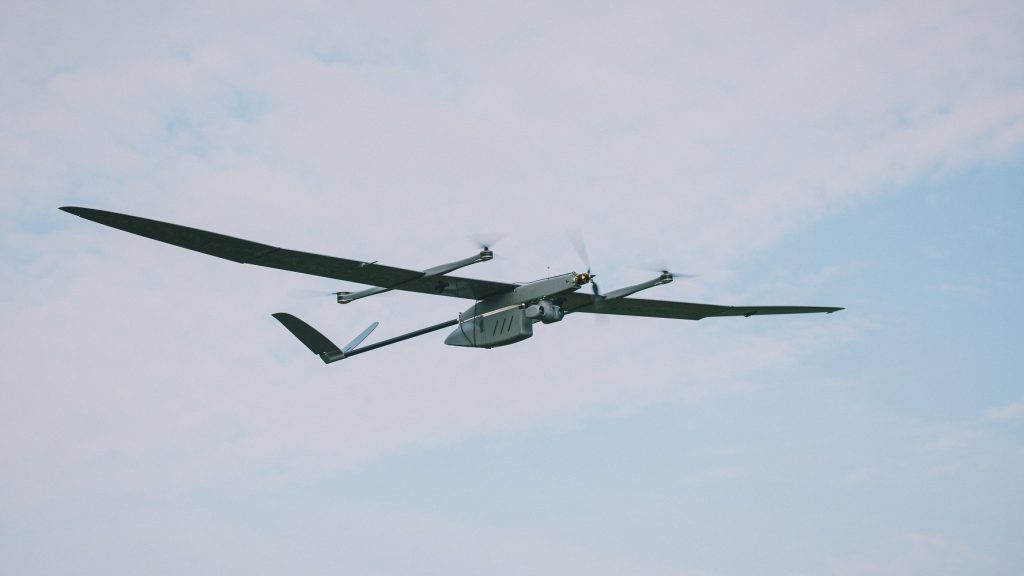The Estonian government on 16 January allocated €219 million to national defence, specifically to strengthen the country’s preparedness for crises.
Investment will be made in the crisis reserve of the police, the eastern border and emergency stocks, as well as the development of civil protection and the prevention of and response to hybrid threats.
A crisis reserve will be set up in the Police and Border Guard Board to strengthen comprehensive national defence. For this purpose, a crisis reserve group consisting of 1,000 members of the Defence Forces who have served in the military police will be formed. Approximately €26 million will be allocated for the establishment of the crisis reserve.
The armament and training capabilities of the organic units of the Police and Border Guard Board will also be improved and the reserves of the Rescue Board for rescue operations will be increased. Approximately €24.5 million will be allocated for this.
“As an important step, the trauma reserves of 18 hospitals will be increased so that the hospitals can better cope with emergencies lasting for up to six days. Approximately €24.6 million will be allocated for this purpose, which will improve the ability of the health care system to respond to situations where hospitals receive significantly more trauma patients than usual,” the government said in a statement.
Drone surveillance for the eastern border
“A strong emphasis will be placed on reinforcing the infrastructure of the eastern border, finalising its construction and developing surveillance capabilities. Approximately €18 million will be allocated for this.”

Drone surveillance and counter-drone capability will be set up on the eastern border and in the four largest cities in Estonia. Approximately €12.5 million will be allocated for these activities.
According to the government, the skills necessary in crises will be instilled throughout society.
“Crisis training will be organised for the general public, managers of authorities and rescue workers. A major nationwide crisis exercise will be carried out in 2026. Local authorities will also receive additional support in preparing for crises: a system of crisis specialists will be set up in the Rescue Board to help local authorities organise critical services and prepare for crises. Approximately €15.2 million in total will be allocated for these activities.”
The state’s IT, communication and cyber defence capabilities will be enhanced, which includes improving the continuity of operational communications. The Estonian Public Broadcasting and airing company Levira will increase data transmission capacity in base stations and TV production, and back-up generators will be procured. The goal is to ensure the functioning of radio and TV channels during large-scale power and communication outages.

